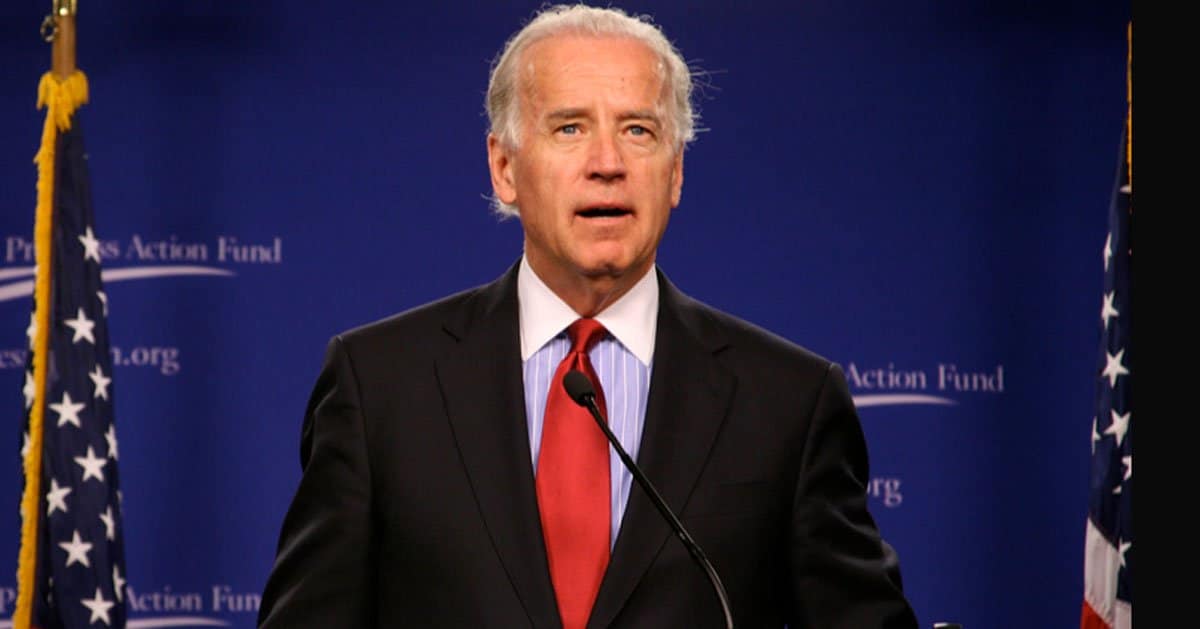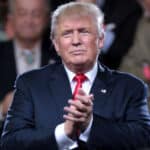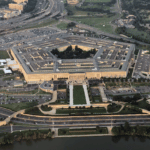




The Quiet Skies program, a costly and politicized airport surveillance scheme, has been axed by the Department of Homeland Security.
For years, it targeted Americans with extra screenings while sparing elites like foreign royals and favored journalists. Its termination signals a shift toward fairness in air travel security.
Fox News reported that the Department of Homeland Security ended Quiet Skies, a program launched in 2010 to prevent terrorism but criticized for targeting political figures like Tulsi Gabbard while exempting well-connected individuals.
Costing $200 million annually, it failed to stop any terrorist attacks. DHS now promises to focus on less invasive safety measures.
Started as a post-9/11 security measure, Quiet Skies subjected travelers to heightened airport checks based on a secretive watchlist. Exemptions were granted to political elites, athletes, and select journalists, raising eyebrows across the spectrum. The American Civil Liberties Union slammed its lack of transparency as early as 2018.
The program’s watchlist became a political lightning rod, with accusations that it was weaponized against foes of the powerful.
DHS Secretary Kristi Noem called it a “political rolodex” used to harass opponents while shielding allies. A Congressional investigation, she insists, is needed to expose this abuse.
“It is clear that the Quiet Skies program was used as a political rolodex of the Biden Administration — weaponized against its political foes and exploited to benefit their well-heeled friends,” Noem said. Her words ring true for those weary of government overreach. Equal justice under the law shouldn’t be a privilege for the elite.
Noem vowed the Trump administration will restore TSA’s focus on traveler safety, not political games. “TSA’s critical aviation and security vetting functions will be maintained,” she said, promising equal treatment for all. It’s a welcome pivot, but vigilance is needed to ensure it sticks.
The ACLU raised red flags about Quiet Skies in 2018, demanding that the TSA reveal its secretive operations.
“The TSA is engaging in covert surveillance of travelers and raising a host of disturbing questions,” said ACLU attorney Hugh Handeyside. His critique exposed a program ripe for abuse.
“Travelers deserve to know how this surveillance is being implemented,” Handeyside added, calling out TSA’s opaque methods. The agency’s reliance on dubious “behavior detection” techniques only fueled distrust. Transparency, it seems, was too much to ask from a program shrouded in secrecy.
Handeyside’s push for accountability was a rare point of agreement between left and right. Both sides saw Quiet Skies as a bureaucratic overstep, trampling privacy without delivering results. When even the ACLU and MAGA align, you know the program’s a dud.
Tulsi Gabbard, a vocal critic of establishment policies, was surveilled by Federal Air Marshals in 2024 under Quiet Skies. Sen. Rand Paul flagged this as evidence of political targeting. It’s hard to see this as anything but a vendetta against a principled dissenter.
Meanwhile, well-connected figures dodged the program’s scrutiny. William Shaheen, husband of Sen. Jeanne Shaheen, was removed from the watchlist in 2023 after his wife contacted TSA. Traveling with a flagged attorney three times didn’t help his case, yet clout prevailed.
Sen. Shaheen’s office claimed she only inquired about her husband’s “intense security obstacles” without knowing about specific lists. That’s a convenient dodge, but it doesn’t erase the stench of favoritism. Actions, as they say, speak louder than press releases.
Quiet Skies burned through $200 million a year with nothing to show for it. DHS admits it never thwarted a single terrorist attack. That’s a lot of taxpayer cash for a program that harassed travelers while letting elites skate.
The program’s collapse proves that government bloat doesn’t equal security. DHS says it will lean on other methods to keep air travel safe, and it had better deliver. Americans deserve protection without the political baggage.



